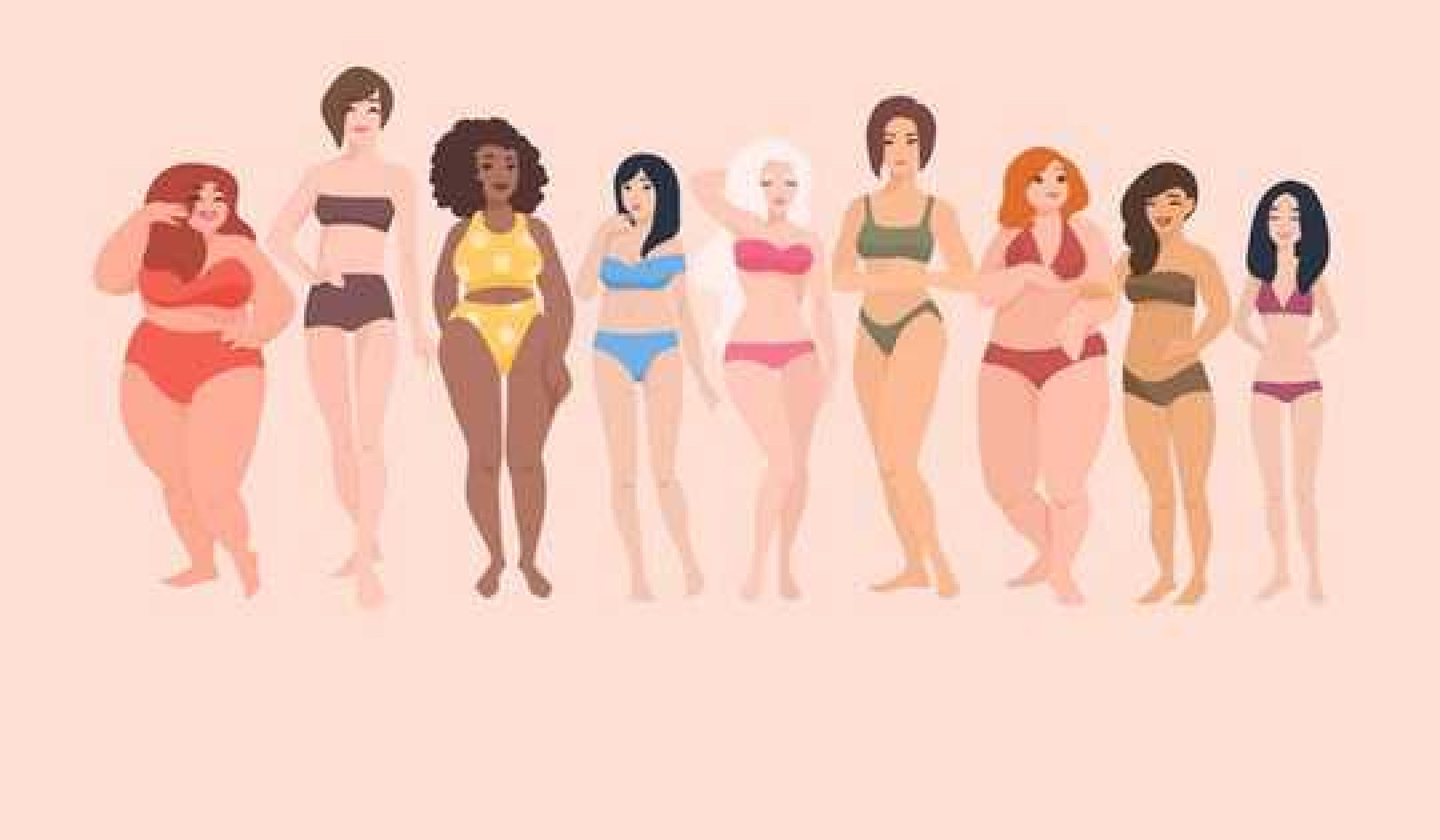 There’s no such thing as the perfect life. Motortion Films/Shutterstock
There’s no such thing as the perfect life. Motortion Films/Shutterstock
Happiness is big business, with sales of self-help books in the UK reaching record levels in the past year. Perhaps that’s because happiness is no longer the birthright of the elite. Just half a century ago, psychologist Warner Wilson seemed to suggest that you are less likely to be happy if you’re uneducated and poor when he stated that a happy person generally is “young, healthy, well educated, well paid, extroverted, optimistic, worry free, religious, married, with high self-esteem, high job morale, modest aspirations, of either sex and of a wide range of intelligence”.
Today happiness is something we can all aspire to. But, as many of us try out gratitude journals, meditation and positive affirmations, we often discover that they don’t make us substantially happier. The same often goes for reaching the goals that society values – such as marriage, an interesting job or physical fitness. So is happiness just a myth? Research suggests no. The problem, however, is finding a recipe that works for everyone.
Wherever we turn, we are encouraged to strive for happiness. We’re told it will make us better at parenting, work and life in general. So it’s no wonder most of us seek happiness goals to which to aspire, whether they are based on cultural norms, self-help books or scientific research. However this pursuit of happiness can be stressful – and research suggests that it actually makes many people unhappy.
What’s more, much of the research on happiness uses quantitative methodologies that report on what works for most people, for example by working out average results. Therefore, while insightful, studies about what makes people happy are not representative of us all. After all, people value fundamentally different things in life, from material possessions to intellectual growth.
Originally, the branch of science most devoted to happiness studies – positive psychology – stated that well-being is all about maximising positive emotions and minimising negative emotions. But this approach has recently been found to be too simplistic. Recent research instead suggests that individual differences play a great role in our psychological fit for happiness.
Meaning versus positivity
The view of many researchers today actually ties in with the ancient philosopher Aristotle’s view of the “good life”. Aristotle argued that happiness is not just about feeling good but about feeling “right”. He suggested that a happy life involves experiencing the right emotions based on your values and beliefs.
Therefore, happiness is not simply about a hedonistic pursuit of pleasure, but a meaningful engagement with life. At times it may be appropriate to be sad or angry as well as being optimistic and hopeful that things can change.
 Not everyone’s dream. Odua Images/Shutterstock
Not everyone’s dream. Odua Images/Shutterstock
Meaning is a close relative of happiness. They often go hand in hand, but are two entirely separate constructs. It is possible to lead a pleasurable life, but without much meaning. It is also possible to experience a meaningful life dedicated passionately to a cause, but experience very little positive emotion. My own forthcoming study has found that meaning is more predictive of happiness in the long run – over and above positive emotions.
Personality and maturity
But meaning and pleasure can be subjective. For one person, raising children in a stable and homely family house may be the best way to achieve meaning, while for someone else it may be travelling the world and learning as much as possible about it – with or without children.
Research has indeed found that people with different personalities differ in their experience of happiness. For example, people who are extroverted are more likely to feel fulfilled by a hedonistic approach to happiness. But for other people, this approach is not linked to a happy life. So if you are introverted, you may be more likely to find happiness by developing a meaningful purpose in life – whether that’s charity work, art or family.
Studies have found that people who are “open to experiences” – meaning they like to explore new and unconventional things and ideas – are also more likely to report having a happy life. For these people, experiencing negative emotions from time to time does not significantly reduce happiness overall. They also report less fear than others of being “too happy”, which naturally allows happiness to flow more easily. Perhaps another factor is that people who are open to new experiences are less likely than many others to conform to society’s norms – including those about happiness.
 Maturity can provide more opportunities for happiness. TeodorLazarev/Shutterstock
Maturity can provide more opportunities for happiness. TeodorLazarev/Shutterstock
What’s more, our personalities change over time – we tend to get more emotionally stable and conscientious as we age. That means our approach to happiness may change. One qualitative study exploring the way individuals talk about happiness and personal growth found that people experience well-being differently based on what stage they are in of their conscious development, as determined by the researchers.
In the stages of early development, our happiness is mostly dependant on social norms – being loved and accepted by others. As we mature, we can differentiate between our own and other people’s emotions in order to pursue meaningful goals. Even higher stages of development are associated with a self-transformation which involves a shift of awareness from pursuing goals to the process of living. For example, when it comes to family time, it may be more important to just be together than doing certain things as a group – such as going to Legoland because everyone else is. The researchers found that mature individuals exercised more control, choice and flexibility over their well-being, and that this opened up more opportunities for happiness.
So it’s unlikely that a few simple rules could make everyone happy. Even the “rule” that money can’t make you happy is now questionable. More recent research shows that this isn’t necessarily true, but depends more on how we spend money and whether this fits with our personality and what we value.
So the next time a well-meaning relative tells you that renovating your house will boost your life satisfaction, don’t panic. We all have different ways of being happy and do not need to conform to a universal formula. As much as it is tempting at times to find happiness through learning from others – and being accepted by them – if it’s someone else’s version of happiness, it might not fit with you.
In fact, it is very possible that the social norms about what constitutes happiness make many of us miserable. Perhaps the key to happiness is truly getting to know yourself and having the guts to do what makes your life worth living at a certain point – regardless of what others say.![]()
About The Author
Lowri Dowthwaite, Lecturer in Psychological Interventions, University of Central Lancashire
This article is republished from The Conversation under a Creative Commons license. Read the original article.
Related Books
at InnerSelf Market and Amazon

























